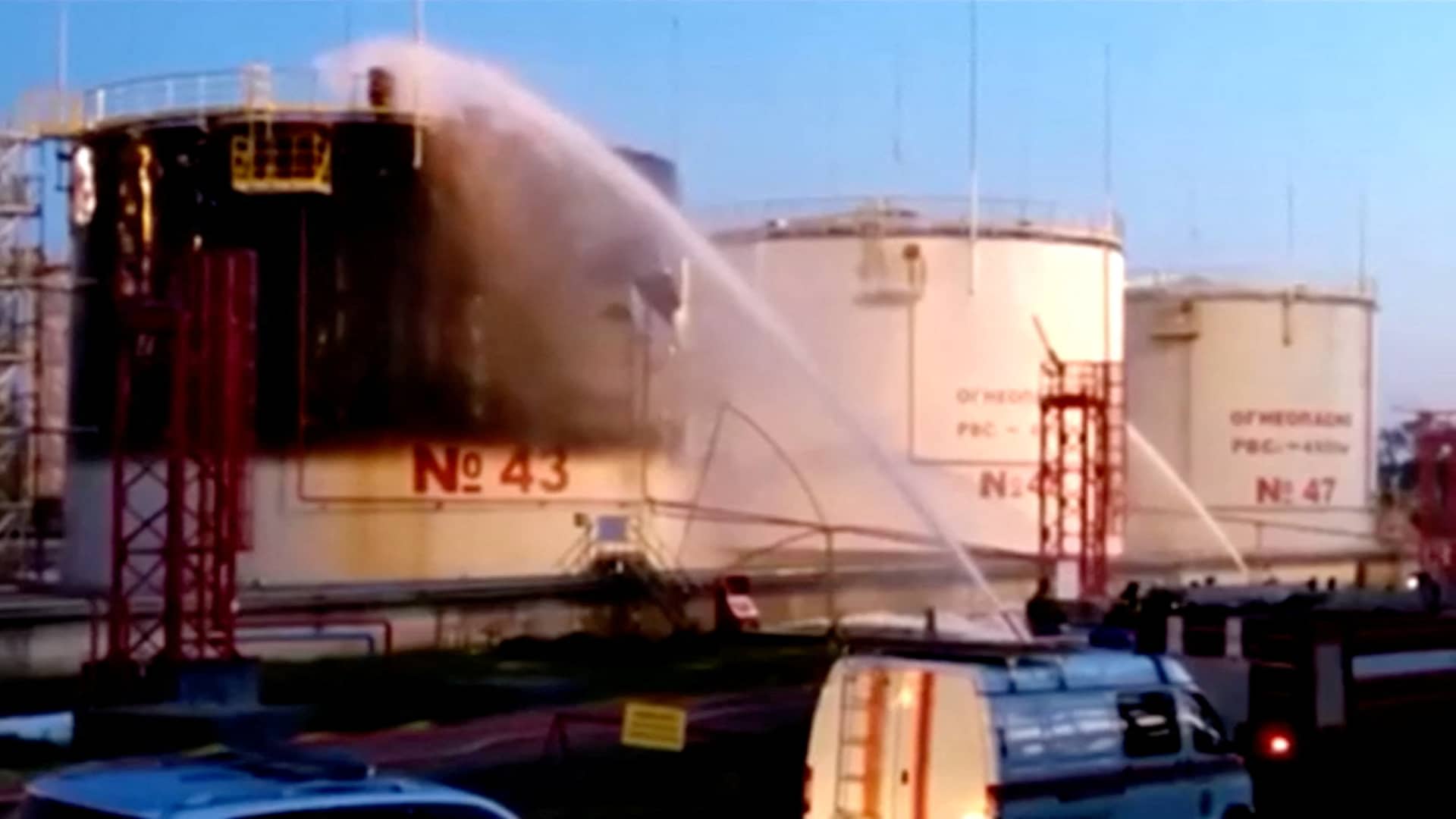

The conversation around warehouse automation has intensified in recent years, sparking debates and discussions across industries. At the heart of this dialogue is a critical question: Will implementing warehouse automation cut jobs? We will explore the multifaceted impacts of integrating robotics, artificial intelligence, and machine learning into the warehousing sector.
Warehouse automation can optimize operations, reduce errors, and significantly speed up processes. For instance, advanced machinery such as palletizers exemplifies the efficiency that automation brings by swiftly stacking goods onto pallets, a task that would otherwise require considerable manual effort and time.
The immediate assumption that automation leads to job displacement overlooks the nuanced dynamic of how technology reshapes the workforce. Rather than merely eliminating jobs, automation often shifts the nature of work.
Employees who once performed manual tasks might transition into roles that oversee the operation of automation technologies. Returning to the example of palletizers, a human palletizer operator is still necessary for the machine’s functioning. Instead of doing the physical labor of stacking goods on pallets, workers move into maintenance, programming, or other tech-focused positions. This shift does not necessarily reduce the number of jobs—it simply changes what those jobs entail.
Key to mitigating the impact of automation on job numbers is the emphasis on training and adaptation. Warehouse managers play a crucial role in this aspect by ensuring that their teams possess the necessary skills to work alongside the new technologies.
By fostering a culture of continuous learning and adapting, warehouses can not only retain employees but also enhance their career paths with more specialized, less physically demanding roles that may also offer higher compensation.
In contemplating the future of warehousing, it’s essential to revisit the inquiry of whether implementing warehouse automation will cut jobs. While automation does alter the landscape of the workforce, it does not necessarily reduce the overall number of employment opportunities. Instead, it introduces a demand for a different kind of workforce—one that is more technologically savvy and adaptable. For warehouse managers, the challenge and opportunity lie in leading this transition, ensuring that their operations and employees evolve in tandem with technological advancements. Automation, when implemented with foresight and planning, does not have to come at the expense of jobs. Instead, automation can serve as a pathway to creating a more skilled, efficient, and satisfied team.
24World Media does not take any responsibility of the information you see on this page. The content this page contains is from independent third-party content provider. If you have any concerns regarding the content, please free to write us here: contact@24worldmedia.com

5 things to know before the stock market opens Monday, April 29

How to Tell If Your VPN Is Working Properly

Arsenal want to make four marquee signings this summer


Gabriel Magalhaes to sign new Arsenal deal

Oil refinery in Russia region damaged in Ukraine drone attack: Authorities

Microsoft Security Vulnerabilities Decreased by 5% in 2023

Pre-Ozempic Obesity Drugs: Effective and Budget-Friendly

American Airlines (AAL) earnings Q1 2024

A Carefully Considered Morning Ritual That Can Brighten Your Day